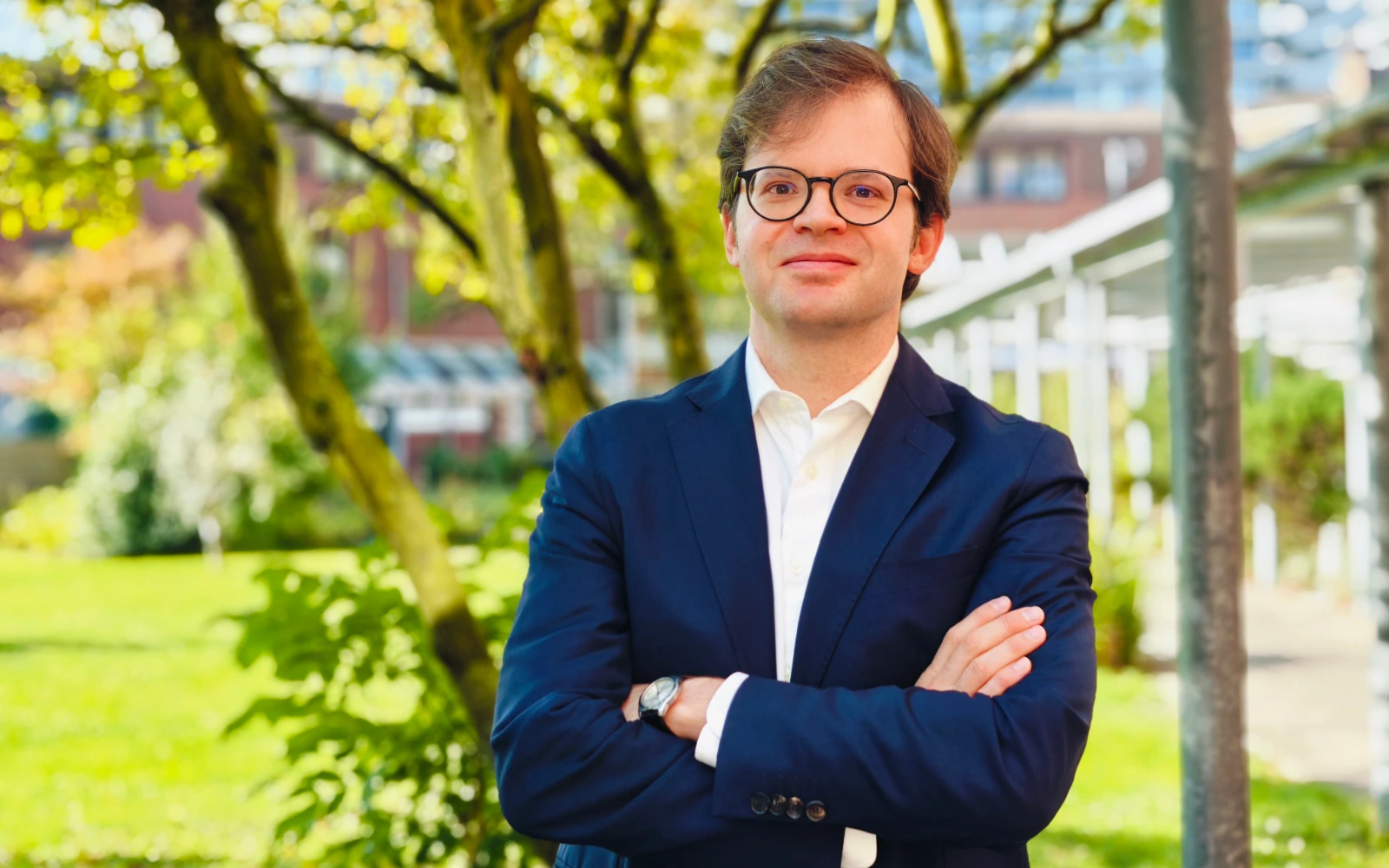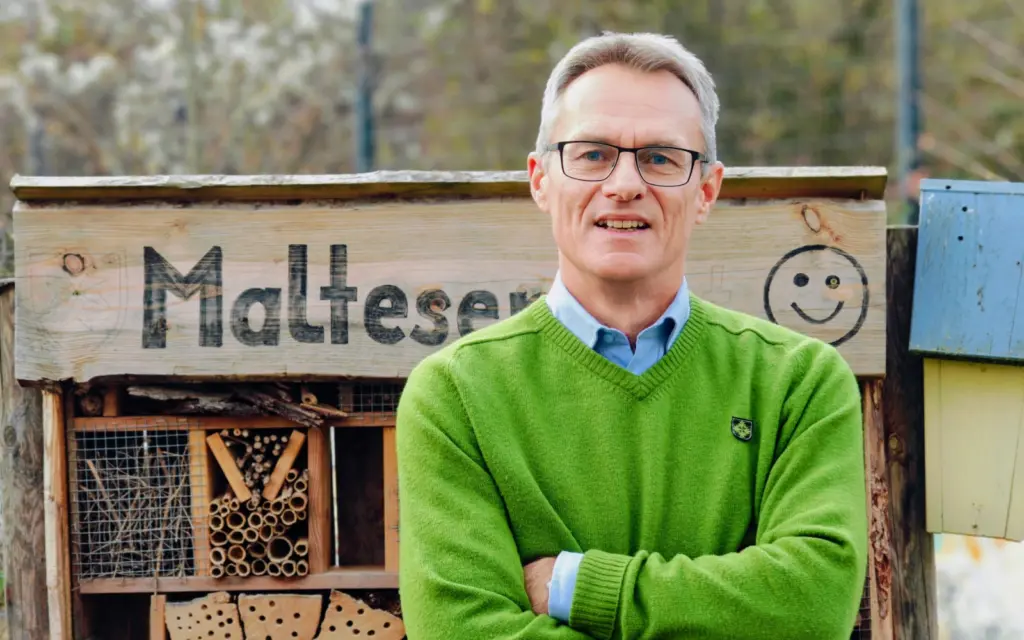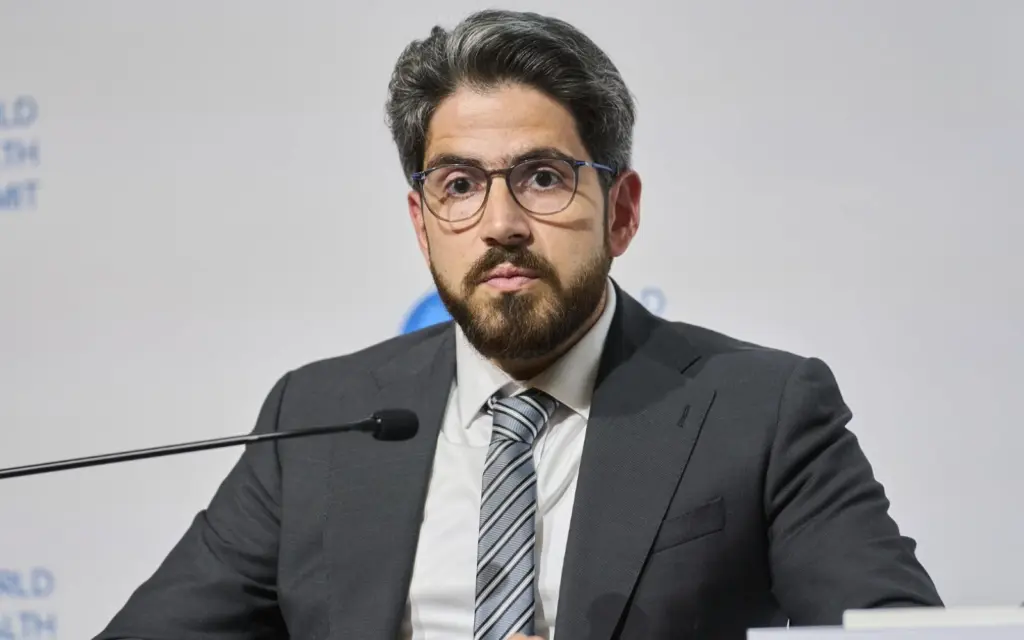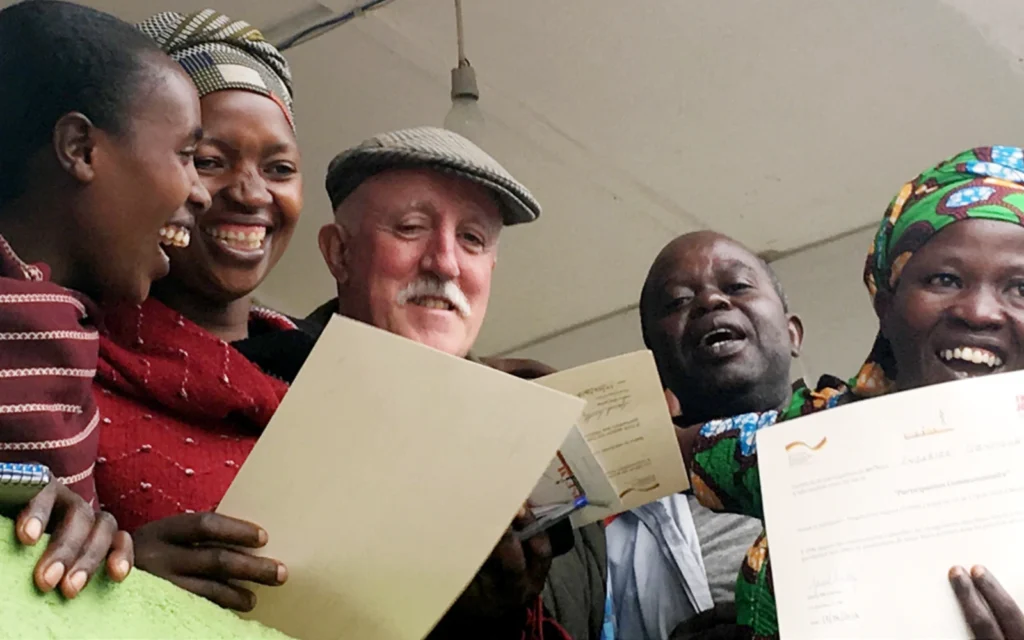OneSec: Dr. Neubauer, can you start by telling us a bit about yourself and what led you to humanitarian work with the GFFO?
Dr. Neubauer: Of course. I originally studied political science, philosophy, and German literature in Berlin and Chicago, later completing my doctorate in political theory. After joining the Foreign Office in 2016, I initially worked on the Syrian peace process, spent some years in Morocco, and eventually returned to Berlin, where I now lead the team for humanitarian assistance in Africa. Working in this field has been incredibly rewarding, allowing me to see the direct impact of policy on the ground. It’s a role where you can make a real difference, especially in complex, crisis-prone regions.
OneSec: Localization is a significant priority in humanitarian work. What are the main limitations and opportunities you see from the GFFO’s perspective?
Dr. Neubauer: Localization is indeed one of our core priorities, but it’s only one of several. Budgetary law requirements and our accountability to the German Bundestag and public means we have to ensure transparency in how funds are used, and that limits our ability to directly fund local NGOs . We also face specific requirements around budget tracking and reporting, which are essential for both accountability to the German public and compliance. However, localization remains a worthy goal, and we have found good opportunities through mechanisms like pooled funds, embassy-led initiatives and indirect funding of local NGOs through INGOs.
Country-Based Pooled Funds allow us to channel resources to local actors within an accountable framework.
OneSec: Can you elaborate on these mechanisms? How do they help support local actors?
Dr. Neubauer: Country-Based Pooled Funds allow us to channel resources to local actors within an accountable framework, where we can monitor the funds without directly managing each project. Embassy-led projects provide funds to local NGOs on a smaller scale, allowing us to engage more directly at a local level. In addition, we often fund projects through INGOs that work with local NGOs, so they share some of the administrative burden, making it easier for local organizations to focus on their operational work.
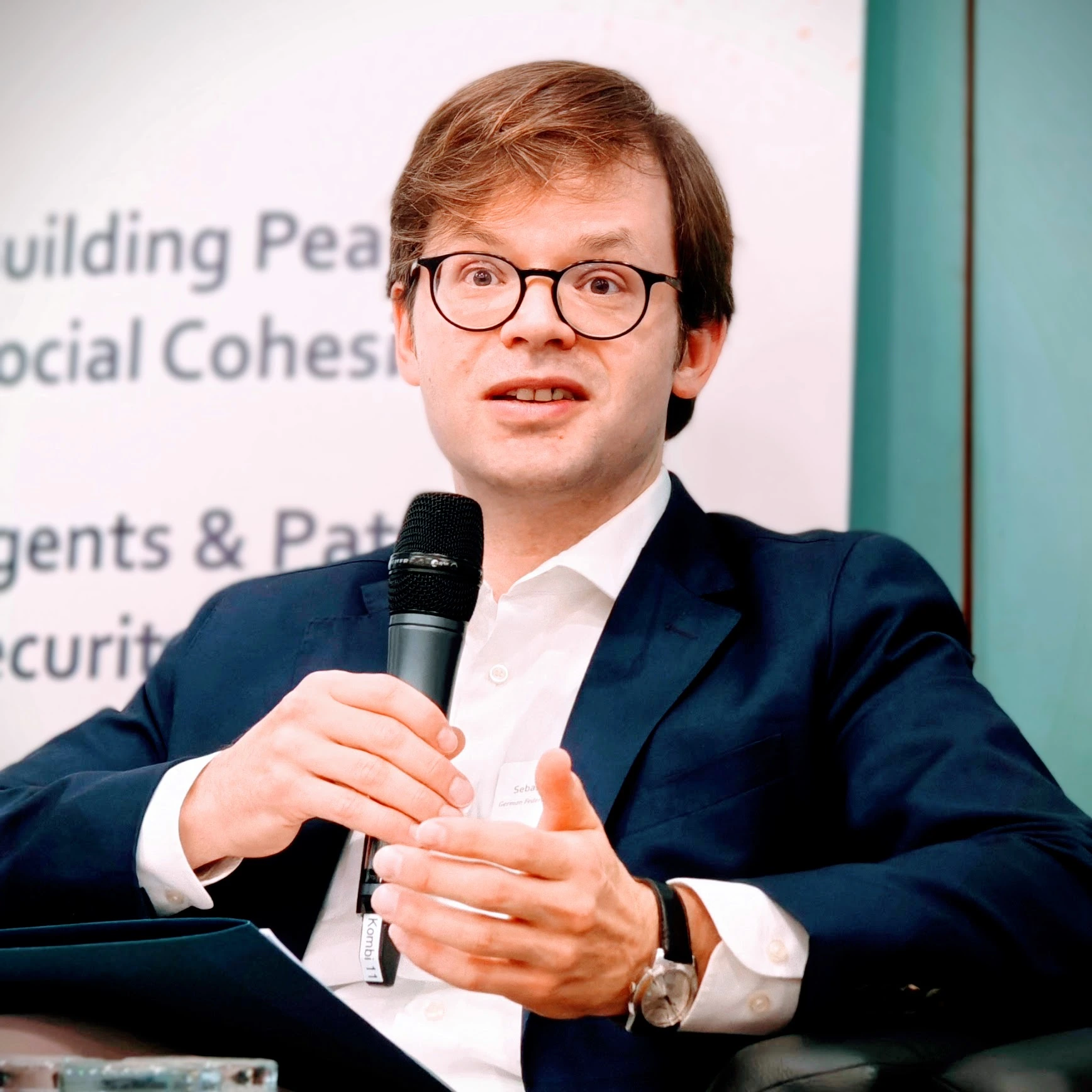
OneSec: So, given these constraints, what role do INGOs play in pushing localization forward?
Dr. Neubauer: INGOs are pivotal. They know the field including local initiatives or organizations that are embedded in the populations, have the capacity to operate in high-risk areas and can ensure that our accountability standards are met. However, for real localization to happen, INGOs need to do more than simply act as intermediaries; they should actively empower local partners, shifting some decision-making to local organizations. We’ve seen some INGOs already making strides here, decentralizing and even providing core funding to local NGOs or setting up pooled funds for local NGOs so they can operate more independently. That said, we encourage more INGOs across the board to adopt this model. Ultimately, INGOs are critical for bringing localization into practice.
OneSec: Could you give an example of how this might look in practice?
Dr. Neubauer: Sure. One effective approach we’ve seen is when INGOs collaborate with local NGOs as equal partners within consortia. In this setup, local NGOs are actively involved in both planning and implementation, sometimes even taking the lead on certain components, while INGOs remain responsible for budget accountability. This kind of partnership respects local knowledge and also shares responsibility, which is vital for long-term sustainability. In general, we cannot implement locally ourselves. Thus, we are very much aware of our responsibility to support intermediaries such as INGOs in implementing the localization agenda.
OneSec: What about risk management? Are there discussions within the GFFO to share more risk when working with local partners?
Dr. Neubauer: That’s a very important question. Risk-sharing is indeed part of humanitarian work, especially in the more and more numerous fragile contexts. There is already a certain degree of risk-sharing between INGOs and the Foreign Office in place, which keeps accountability intact. But as we encourage greater localization, we know there’s a need for more balanced risk-sharing in the future. This will require an honest dialogue and possibly some new frameworks that allow us to engage local actors while addressing the reality of high-risk contexts. Moreover, we are already piloting some specific risk sharing models together with intermediaries and local stakeholders. Our aim is to incorporate best practices.
OneSec: Can you talk a bit more about the specific challenges in these high-risk areas? How does GFFO manage those?
Dr. Neubauer: In regions like Sudan, it’s unfortunately rather common for aid to face risks such as diversion, theft, or logistical breakdowns. We need to be realistic about these challenges, and while we work hard to monitor funds, there’s always an element of uncertainty. Supporting local organizations in these areas means understanding that some risks are simply part of the context. We work to manage these with transparency and realistic expectations, often setting up flexible funding that allows partners to respond as situations evolve.
Unlike us, INGOs are present in the field and flexible funding enables them to implement localization directly.
OneSec: You mentioned flexibility. How does flexible funding impact localization efforts?
Dr. Neubauer: Flexible funding is valuable because it allows partners to respond quickly to changing conditions, but it also limits the amount of direct control we have over localization. When International Organizations or to a certain extent also INGOs receive flexible program-based funding for a region, for example, they decide how and where to implement it. This enables swift action but sometimes limits the extent to which funds reach local organizations directly. So, there’s a balance between the need for flexibility and the commitment to localization. However, flexible funding is also a very useful tool to enhance localization wherever possible. Unlike us, INGOs are present in the field and flexible funding empowers them to localize as much as possible.
OneSec: The GFFO has several localization policies. Does this add to the reporting burden on INGOs and local NGOs?
Dr. Neubauer: This is an important question to consider. We very much appreciate INGOs and other humanitarian actors advocating for policies like localization. However, as we implement these policies, we require more reporting and data collection to track progress and meet our commitments. In a way we can speak of an advocacy-reporting loop that tends to create new administrative needs. Personally, I think that this is something we all should be mindful of as we add new policy goals.
Localization aligns very well with the HDP Nexus, as local actors often work across multiple pillars—health, education, peacebuilding—that overlap between humanitarian and development goals.
OneSec: How does localization tie into the Humanitarian-Development-Peace (HDP) Nexus goals?
Dr. Neubauer: Localization aligns very well with the HDP Nexus, as local actors often work across multiple pillars—health, education, peacebuilding—that overlap between humanitarian and development goals. By coordinating with other actors through the Nexus framework, local organizations can make a more sustainable impact. We encourage our partners to adopt the nexus with our Chapeau approach, as it ensures that humanitarian aid doesn’t just address immediate needs but also builds the groundwork for development and stability.
OneSec: Thank you, Dr. Neubauer, for sharing your insights on localization and the challenges and opportunities you see.
Dr. Neubauer: Thank you. It’s a pleasure to discuss these important issues, and I appreciate the opportunity to share how we’re approaching localization at GFFO.
